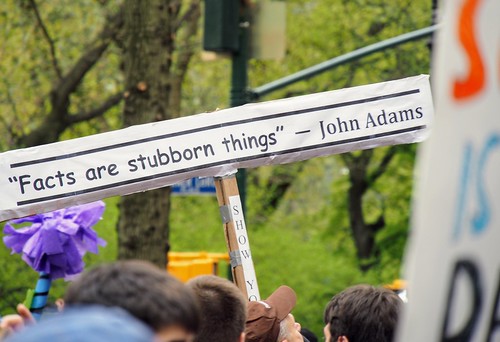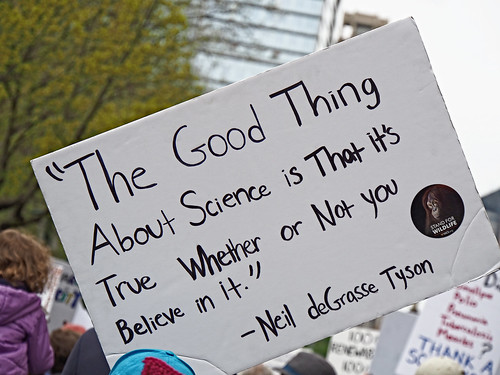Contents
The Scientific Method
Scientists use a methodology for systematically investigating natural phenomena. This method uses existing information or observations to acquire knew information or validate previous knowledge. These knowledge types come from empirical (experiential) or measured information. Empirical and measured data (or knowledge) are referred to as observations. While empirical data comes from experiences, science has developed into a mode of inquiry using experimentation. Experimental science uses the pre-existing base of knowledge to ask a a testable question called a hypothesis. As a youngster, we’re incorrectly taught that a hypothesis is an educated guess. Formulating previous observations and measurements into a cohesive line of inquiry requires no guessing. People often have “theories” on something, when they actually have hypotheses based on their observations and assumptions.


Experimental Science
Hypothesis testing is the the means by which experimental science is conducted. Experimental science is designed to enhance the understanding of a problem and removing biases from the interpretation. The goal of hypothesis testing is to try every way possible to disqualify the validity of the hypothesis. By doing so, the experimenter removes any biases in the experimental design. If the experimenter is unable to invalidate the hypothesis, the hypothesis becomes more valid and better able to act as a predictor of phenomena.
Experiments utilize controls. In a controlled experiment, there is a positive and negative control. These controls act as references in the experiment. A positive control is an experimental condition where the expected outcome that is tested will be produced. This control is necessary to assess the validity of a test or treatment. There can be multiple instances used as a positive control to examine the sensitivity of the experiment. A negative control is an experimental condition where the expected outcome is known not to occur. This type of control sometimes comes in the form of a sham or mock treatment such as giving someone a sugar pill (a placebo).
Through the use of experimental science and hypothesis testing, an increased refinement of existing knowledge can aid in designing new hypotheses. Hypothesis testing is re-iterative. That is to say, we use new knowledge to continue to enhance our understanding of the universe.

Theories
A scientific theory comes from repeated substantiation of multiple tested hypotheses. That is to say, confirmed hypotheses, observations and experiments permit scientists to formulate a cohesive idea that integrates multiple substantiated pieces of evidence. As with hypotheses, theories are designed to be predictive and falsifiable. In the common language, we often hear the word theory to mean a conjecture, and as already discussed, conjectures based on evidence can be formulated into testable hypotheses.
When a theory is accepted by a predominant population of the specialists, it is referred to as a scientific principle. An example of a scientific principle is the theory of evolution by natural selection. Numerous tested hypotheses have been confirmed that lead to the understanding of natural selection as a method of evolution. This theory allows scientists to understand the underlying relatedness of all living things on the planet. Additionally, it unifies the disparate fields of Biology that can utilize the theory in a predictive manner. It is therefore also referred to as a unifying principle of Biology.


